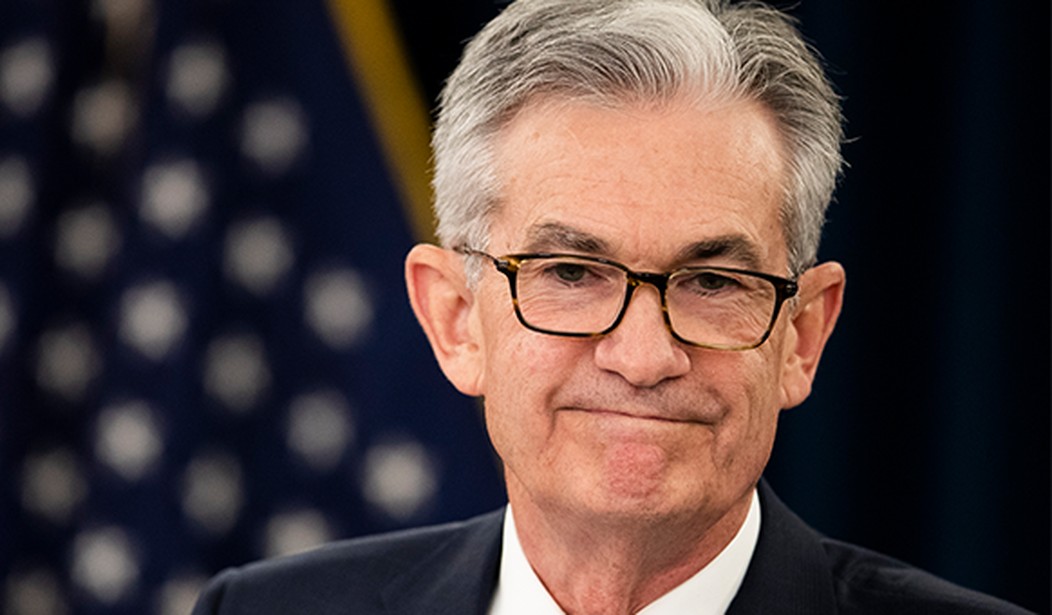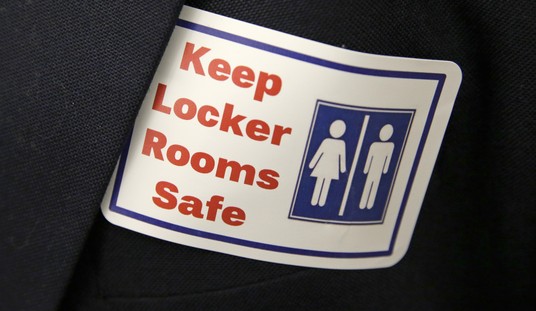The Federal Reserve announced another large rate increase today: three-quarters of a point for a second straight time. The move is designed to tap the brakes on the economy and — hopefully — slow inflation.
But raising interest rates is a crude tool to battle inflation. There’s no way of being able to accurately predict whether the brake-tapping will become brake-slamming and lead to a deep recession.
The central bank’s decision follows a jump in inflation to 9.1%, the fastest annual rate in 41 years, and reflects its strenuous efforts to slow price gains across the economy. By raising borrowing rates, the Fed makes it costlier to take out a mortgage or an auto or business loan. Consumers and businesses then presumably borrow and spend less, cooling the economy and slowing inflation.
The Fed is tightening credit even while the economy has begun to slow, thereby heightening the risk that its rate hikes will cause a recession later this year or next. The surge in inflation and fear of a recession have eroded consumer confidence and stirred public anxiety about the economy, which is sending frustratingly mixed signals.
“I do not think the U.S. is currently in a recession,” Chair Jerome Powell said Wednesday at a news conference.
Let the Wise Men at the Federal Reserve believe what they wish about when or whether or if we’re in a recession. Most people pay no attention to what those people say anyway. All most of us know is what’s happening right in front of us.
The Fed’s moves to sharply tighten credit have torpedoed the housing market, which is especially sensitive to interest rate changes. The average rate on a 30-year fixed mortgage has roughly doubled in the past year, to 5.5%, and home sales have tumbled.
At the same time, consumers are showing signs of cutting spending in the face of high prices. And business surveys suggest that sales are slowing.
The central bank is betting that it can slow growth just enough to tame inflation yet not so much as to trigger a recession — a risk that many analysts fear may end badly.
History has shown that kind of thinking to be delusional. Powell knows full well what jacking up interest rates means — less economic activity, which then leads to companies cutting jobs and a snowball effect that crushes small businesses. This leads to more job losses and less economic activity.
Inflation will come down a lot more slowly than unemployment and interest rates go up. But raising interest rates is the most effective arrow in the Fed’s quiver, and Powell has little choice but to use it.










Join the conversation as a VIP Member